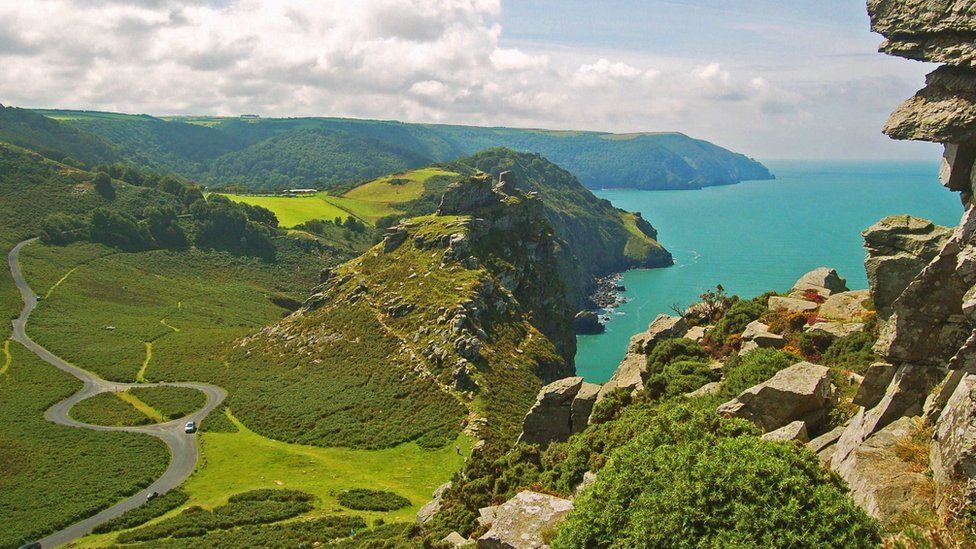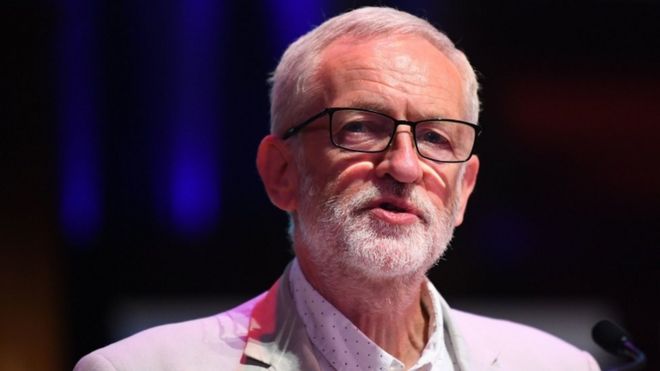
Pic--Exmoor National Park will host a picnic for 500 people including the Prince of Wales and the Duchess of Cornwall
Royal correspondent(wp/bbc):::
Hundreds of people are expected to attend a "big picnic" to celebrate the anniversary of the law allowing national parks to be created.
The event hosted by the Exmoor National Parks Authority will mark 70 years since the National Parks and Access to the Countryside Act was passed.
Since then, 15 national parks have been created in the UK, attracting millions of visitors each year.
The Prince of Wales and Duchess of Cornwall will attend the celebration.
The Act was born out of a decades-long campaign that led to the mass trespass of the Peak District's Kinder Scout in 1932.
During the protest, hundreds of ramblers walked on to private land on Kinder Scout, in Derbyshire, to assert their "right to roam".
The Kinder Scout protest was credited for bringing the question of public access to rural Britain into focus.
In 1951, the Peak District the protesters had "invaded" was declared a national park.By the end of the 1950s, thanks to the passing of the 1949 Act, 10 national parks had been established.
Those 10 parks were the Peak District, the Lake District, Snowdonia, Dartmoor, Pembrokeshire Coast, North York Moors, Yorkshire Dales, Exmoor, Northumberland and the Brecon Beacons.
Since then, a further five parks have been established: The Broads, Cairngorms, Loch Lomond and the Trossachs, New Forest and South Downs.
A spokesman for the Campaign for National Parks said the establishment of the national parks remained "our premier achievement and indeed one of the top environmental achievements of the past 100 years".On Wednesday, picnickers will gather in Simonsbath's riverside meadows, at the heart of Exmoor in Somerset.
Sarah Bryan, chief executive of Exmoor National Park Authority, said she was "amazed and encouraged" by the demand for tickets, which were allocated within two weeks.
"National Parks offer so much to the country and simply wouldn't exist were it not for the foresight and determination of those who fought for their establishment," she said.
